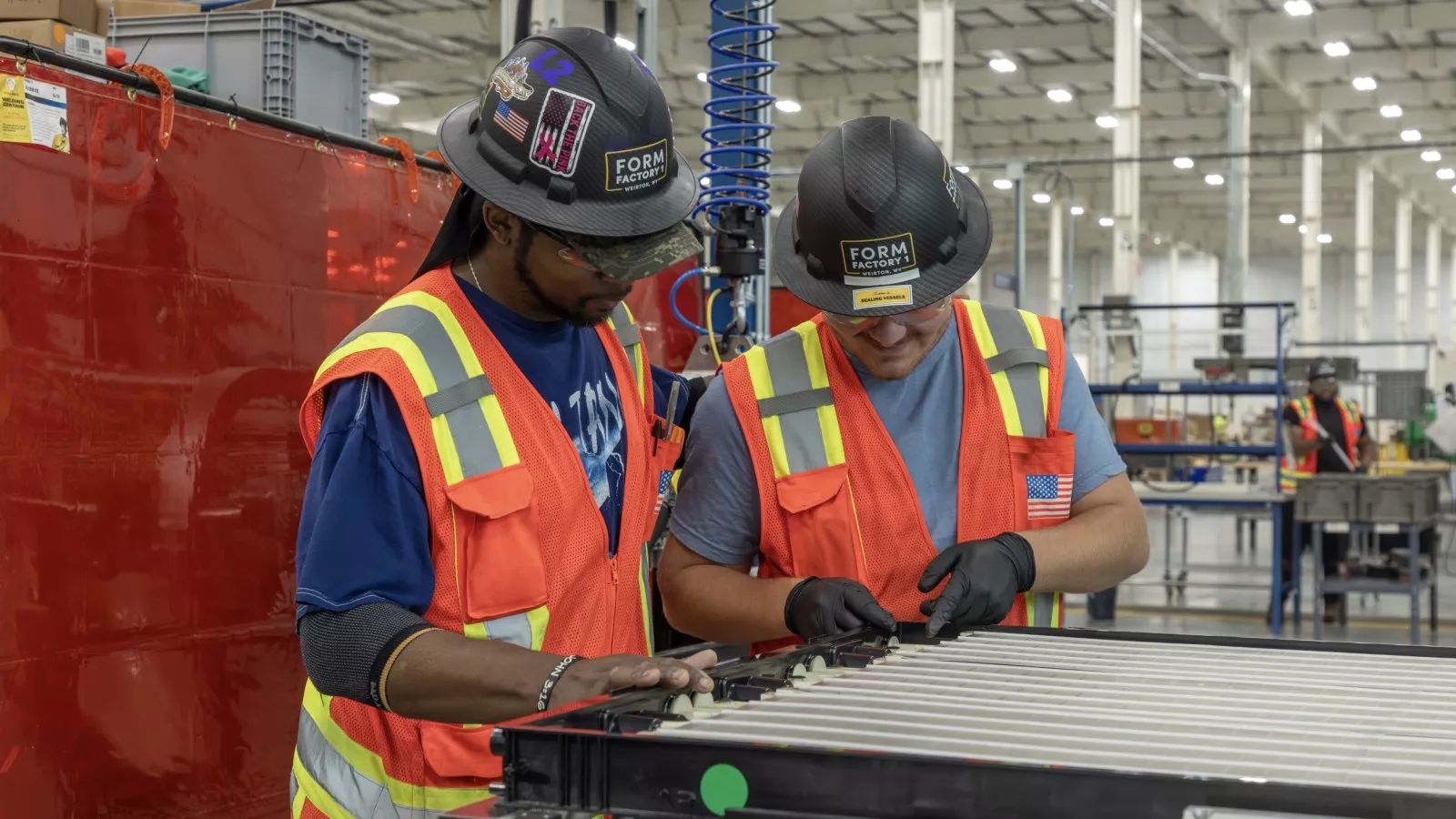Battery Titans Spark $100 Billion US Manufacturing Revolution

Driving a Green Manufacturing Revolution: Battery Makers' Bold American Vision
In an ambitious push to transform the electric vehicle and clean energy landscape, leading battery manufacturers are setting their sights on a comprehensive domestic production strategy. Their goal is nothing short of remarkable: to develop and manufacture all battery components within the United States over the next five years, while simultaneously creating a substantial 350,000 new jobs.
However, achieving this transformative vision hinges on a critical factor - continued congressional support through clean energy tax credits. These financial incentives are the linchpin that could propel the United States to the forefront of battery technology and sustainable manufacturing.
By localizing the entire battery supply chain, these companies are not just creating jobs, but also reducing dependence on international suppliers, enhancing national energy security, and positioning the U.S. as a global leader in green technology innovation.
